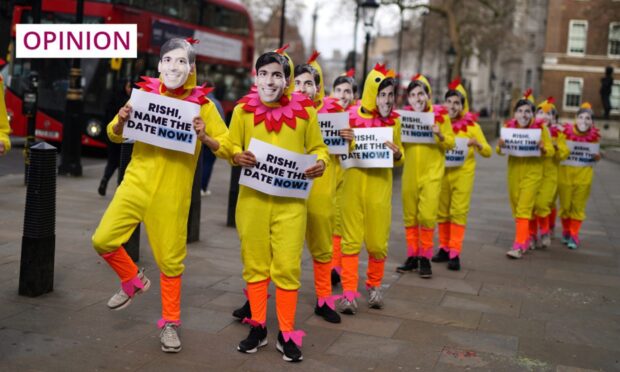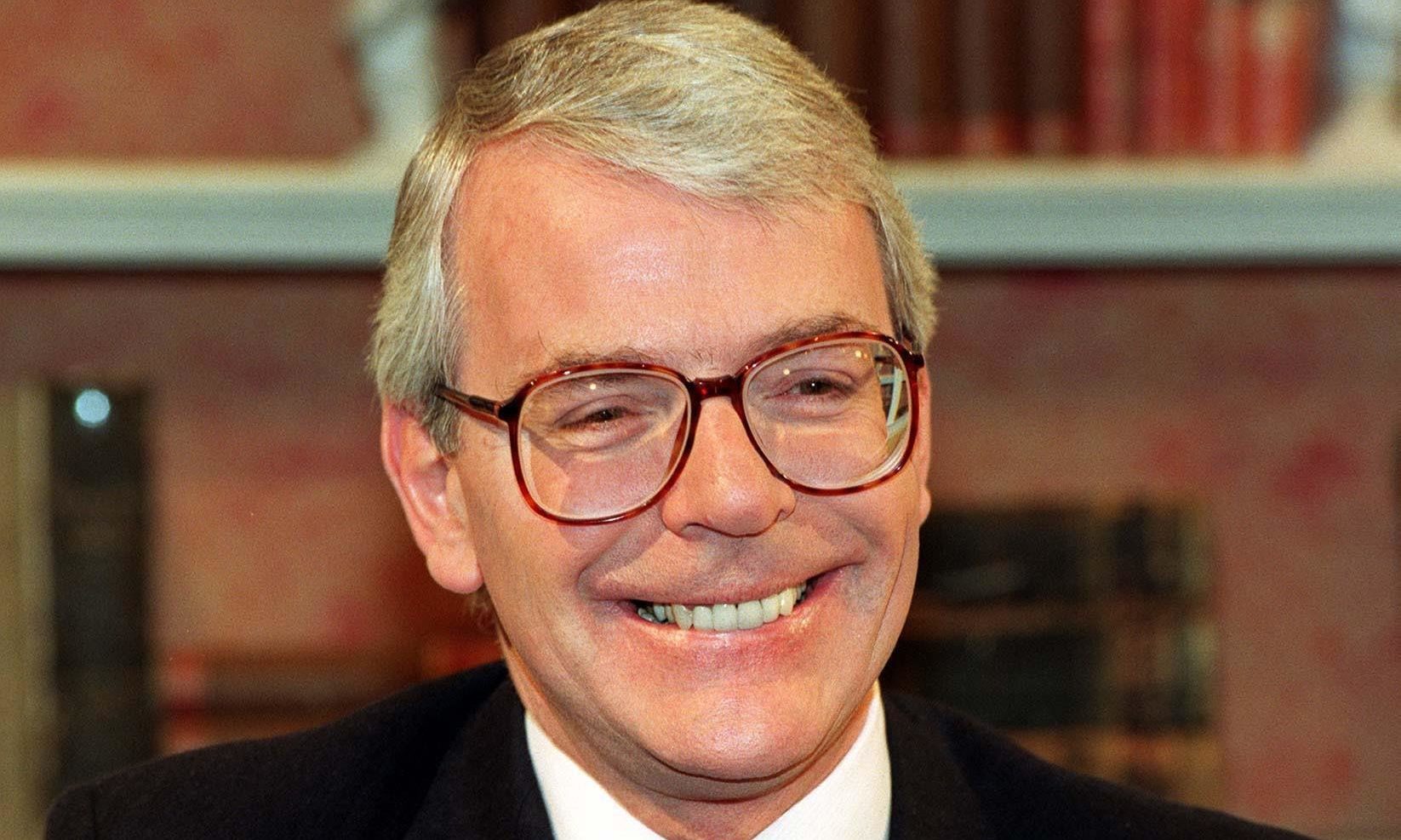In its 124 years of existence, starting with Ramsay MacDonald and running through to Gordon Brown, the Labour Party has provided the UK with six prime ministers.
Were the Conservatives to dump Rishi Sunak before the next general election – a far from unthinkable prospect – there will have been six Tory PMs since 2010 alone.
This is not a mark of Conservative success, but of an internal psychodrama that, ever since the Brexit referendum, has tumbled Britain along in its wake, much like a surfer trapped in a giant wave’s undertow.
The narrow Yes to Brexit in 2015 was not, it turns out, a final answer to anything, but rather the firing of a starting pistol in a battle for the Tory soul between a baffling array of moderates, ideologues and extremists. And while a moderate may currently occupy Number 10, it’s not at all clear that he’s in charge of the office or the agenda, or that his party isn’t about to be seized by some fairly grisly characters.
For those of us old enough to remember the 1997 election, there are clear echoes of history. A weakened prime minister facing an opposition miles ahead in the polls, with defeat a certainty, only its scale to be decided. An ungovernable ruling party in which any semblance of order has broken down, with rebels free to shoot their mouths off about who would make a better leader and which increasingly crazy policies would somehow turn the electoral deficit around – making everything gradually worse, and ejection from office ever more inevitable.
If Keir Starmer’s Labour lacks the slick appeal and excitement of the Tony Blair era, the Tories don’t even match up to John Major’s hapless crew. A poll by Ipsos UK has found that Major, he of the grey underpants and the squeaky voice, is regarded by considerably more voters as having been a strength to his party than is Sunak. The same is true when Ken Clarke is compared to Jeremy Hunt, Michael Heseltine to Oliver Dowden, Michael Portillo to Grant Shapps.
While some of these views may have shifted with the benefit of hindsight, it nevertheless feels true that the previous Conservative administration contained individuals of a stature simply not to be found in today’s government. Even at the fag-end of the 1979 to 1997 period, it wasn’t hard to respect figures such as Clarke and Heseltine. As the embers die out on the 2010 to 2024 era, the landscape is populated by relative pygmies.
Humility is wholly absent
There are a few reasons for this, I think. One is that the UK was not immune to the tide of disenchantment with the elites and the rise of populism that swept the West following the financial crash in the late-2000s.
Installing the extravagantly unfit Boris Johnson in Downing Street was merely the most egregious example of a country that had lost touch with its values and dignity. We are locked into an identity politics that is torturing our culture to death, the extremists on both sides tightening the screws whenever it suits their agenda.
Brexit was and is a spasm of rejectionism, a grenade launched into the heart of politics-as-usual. There was no clear plan for what would follow, as can be seen from the drunken stagger that has defined Britain’s economic policy ever since.
This has coincided with a technological revolution that is uprooting long traditions of how things have been done, and that has brought with it an unnerving sense of instability, amid a world that is, once again, a noisy competition between global powers, both economic and military. The solutions are far from obvious.
And, yet, there are Tories at Westminster who insist they know exactly what to do. Double down on Brexit, slash this and that tax, strike an advantageous trade deal here and there, quit the ECHR, get utterly ruthless on immigration, embrace the idea of the return of Donald Trump to the White House, stick a flinty right-winger in Downing Street. Mission complete. Humility wholly absent.
Conservative Party has engineered its own defeat
Had Sunak been made PM in 2019 rather than Johnson, I suspect the Conservatives would be in a better place today. He likely wouldn’t have conducted witch trials of MPs who were less than fully signed up to a hard-line departure from the EU. He wouldn’t have ripped up conventions and rules in an attempt to undermine parliament, as Johnson did repeatedly.
The government and the party would have a better balance. After 14 years, it would still deserve to lose, but it might not look quite so ready for the knacker’s yard.
Whenever the election is called, the Conservatives are heading for defeat on a seismic scale
As it is, Sunak is reduced to threatening a June general election that he doesn’t really want, in order to call his fractious and conspiring MPs, many if not most of whom stand to lose their seats, to heel.
While Starmer may not have the pop-star glitz of Blair, and while the tight economic settlement he will inherit will heavily restrict his ability to repair the neglected national fabric in the short term, the polls show us that none of that really matters to voters.
Britain has had enough of a conveyor belt of weak and/or bad prime ministers, of being treated as a Tory plaything, of being an experiment for untested, Trump-lite, right-wing theory.
Whenever the election is called, the Conservatives are heading for defeat on a seismic scale. They are the authors of their own misfortune.
Chris Deerin is a leading journalist and commentator who heads independent, non-party think tank, Reform Scotland













Conversation